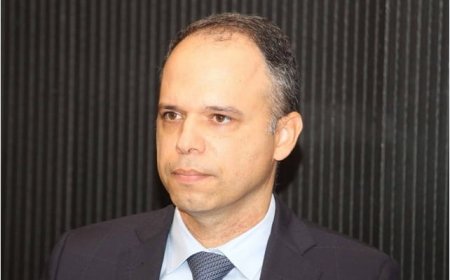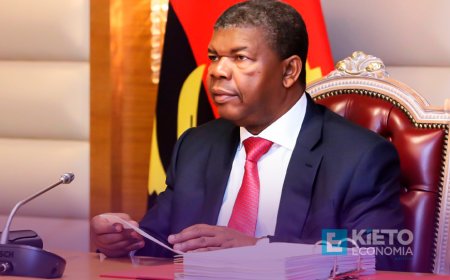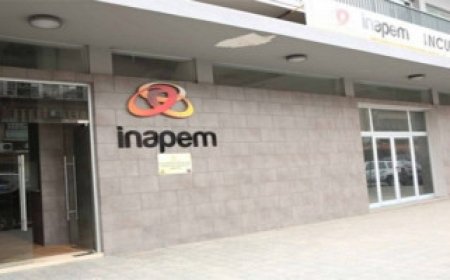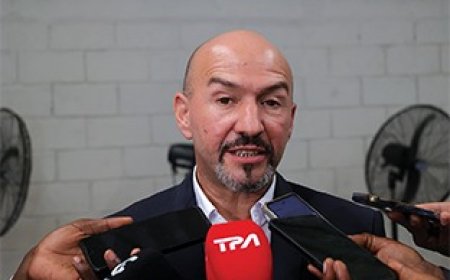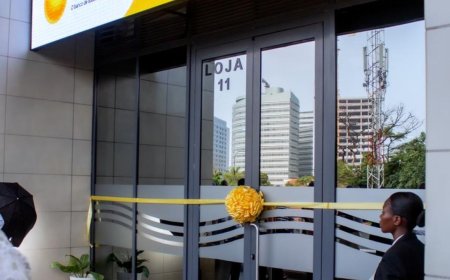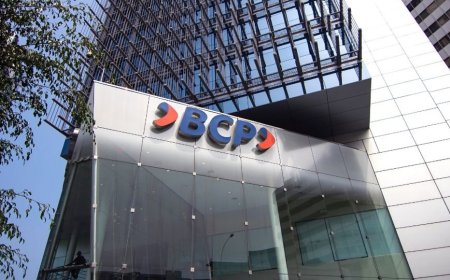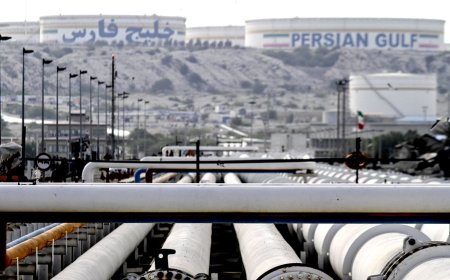Angola expects to raise 2 billion KZ in the year of IRPC implementation.
The government plans to collect 2 billion kwanzas in the year of implementation of the Single Tax on Corporate Income (IRPC), a diploma that unifies all income taxation in Angola.
According to the General Tax Administration (AGT), the body that oversees public consultation, it is estimated that with the introduction of IRPC the State will collect around 2.077 billion kwanzas in its first year of implementation.
Of the total forecast, income from commercial, industrial, extractive activities (except oil and gas), service provision (except capital income), will represent the majority of the collection, with around 86.5% of this.
The tax from property income should represent only 3.8% of revenue and the tax on capital income will represent 9.7% of revenue.
"The revenue estimates presented above will represent 59% of non-oil revenue. Furthermore, it also represents 5% of non-oil Gross Domestic Product (GDP), says the diploma consulted by Lusa.
The IRPC is in public consultation from December 27th, yesterday, until January 31st, 2024, repeals the Industrial Tax Code, the Capital Investment Tax Code, provisions of the Stamp Tax Code, the article 18 of the Property Tax Code and other legislation. The IRPC comprises 110 articles divided into nine chapters.
Angola expects to raise 2 billion KZ in the year of IRPC implementation
The government plans to collect 2 billion kwanzas in the year of implementation of the Single Tax on Corporate Income (IRPC), a diploma that unifies all income taxation in Angola.
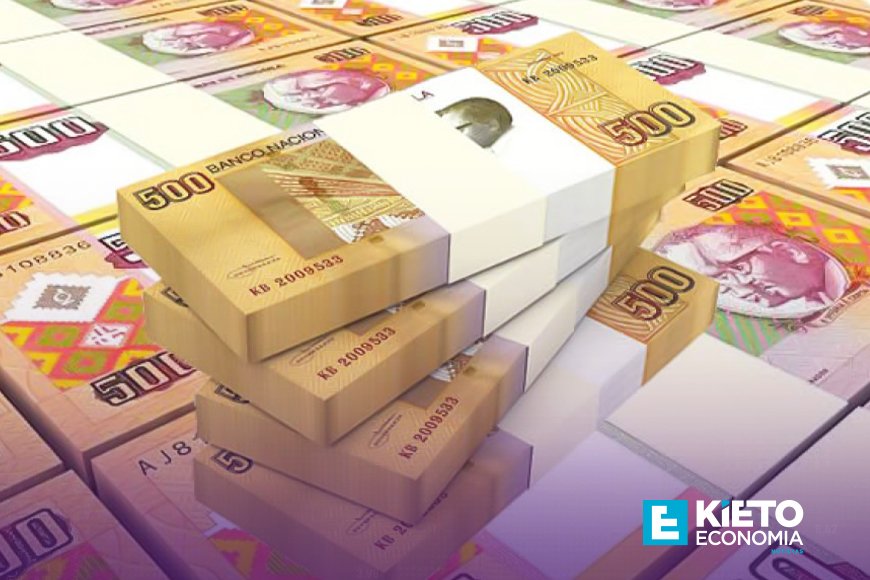
According to the General Tax Administration (AGT), the body that oversees public consultation, it is estimated that with the introduction of IRPC the State will collect around 2.077 billion kwanzas in its first year of implementation.
Of the total forecast, income from commercial, industrial, extractive activities (except oil and gas), service provision (except capital income), will represent the majority of the collection, with around 86.5% of this.
The tax from property income should represent only 3.8% of revenue and the tax on capital income will represent 9.7% of revenue.
"The revenue estimates presented above will represent 59% of non-oil revenue. Furthermore, it also represents 5% of non-oil Gross Domestic Product (GDP), says the diploma consulted by Lusa.
The IRPC is in public consultation from December 27th, yesterday, until January 31st, 2024, repeals the Industrial Tax Code, the Capital Investment Tax Code, provisions of the Stamp Tax Code, the article 18 of the Property Tax Code and other legislation. The IRPC comprises 110 articles divided into nine chapters.
What's Your Reaction?








